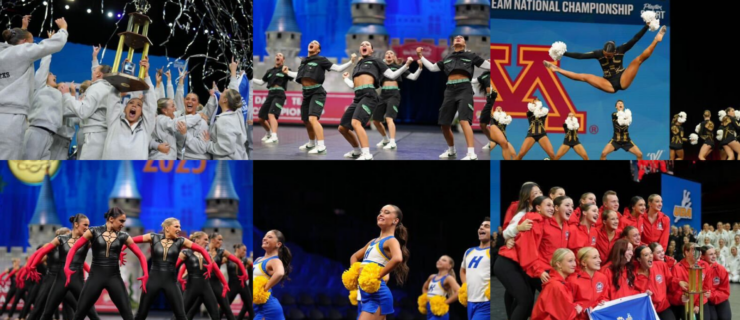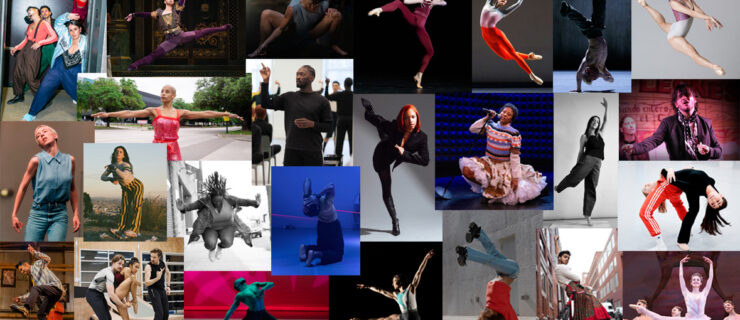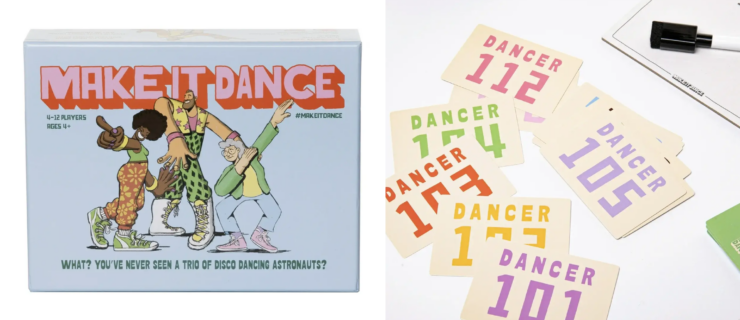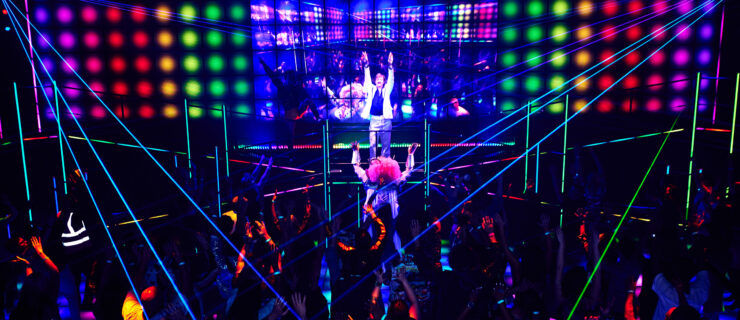Doug Letheren
What would you do if someone handed you a check for $10,000? Go on a Paris shopping spree? Buy a new car? Or follow your dreams all the way to Israel to learn a whole new approach to dancemaking and movement?
Doug Letheren, 23, opted for the last. Fresh out of New York’s Juilliard School, he has already been singled out by dance players like Mikhail Baryshnikov. Last spring, Baryshnikov nominated Doug to receive a Movado Future Legends Award, given annually to four young artists with extraordinary promise. With the honor, Doug received a $10,000 check. Now this dynamic dancer with a poetic soul is using his award to push himself as an artist.
Doug grew up in Manchester, NH. At 7, he took his first dance class—a funk, MC Hammer–style class for boys—and instantly felt at home. He continued dancing when he went to the prestigious St. Paul’s boarding school in Concord, NH. Doug spent his junior year training at the Conservatoire Nationale de la Region in Rennes, France, and came back ready to audition for Juilliard.
He impressed his Juilliard teachers from the start. “He’s an extremely charismatic performer with the potential to become a major artist in dance,” says Lawrence Rhodes, director of the school’s dance division. While he was still a sophomore, Doug was one of a handful of dancers selected to perform in Baryshnikov’s Hell’s Kitchen Dance. He also performed with the Public Dance Theatre—now called Borderline Dance Circle—a company that wants to bring dance to impoverished communities. One month-long trip with PDT, to teach and perform in Peru, helped shape Doug’s perspective on dance.
“We went into a Lima ghetto,” he says. “It was a real shanty-town with dusty shacks made out of garbage. During the last performance, we were dead tired, but giving it our all.” At that moment, he realized dance was meant to be shared, that it could have a larger impact.
Hoping to develop the vision and skill to make a difference, Doug decided to go to Israel to dance with the Batsheva Dance Ensemble. Not only will he be mentored by artistic director Ohad Naharin (one of his heroes), he’ll also choreograph. (Batsheva provides its dancers with whatever they need to carry out their visions.)
Doug wants to keep following his heart. “Dance, in many ways, is an education, an outreach program,” he says. “It can be a mirror that makes you feel and think. And that can inspire change.”



